4 Things Every Student Should Do Every Day
From asking questions to feeling a sense of progress, here’s a quick list of things that every student should do every day.
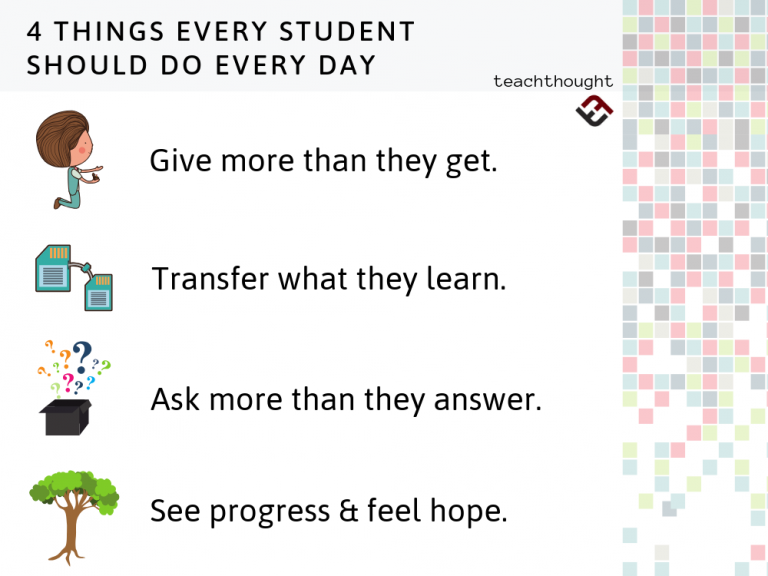
From asking questions to feeling a sense of progress, here’s a quick list of things that every student should do every day.
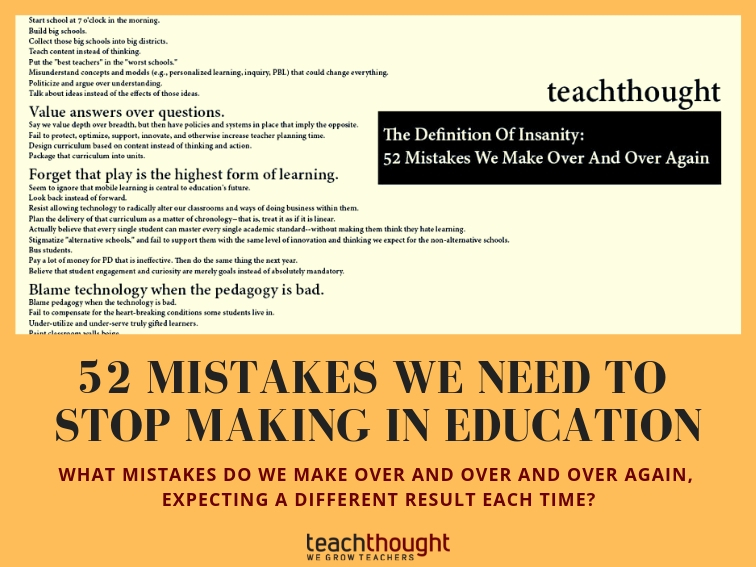
We Need To Stop Making These Mistakes In Education by Terry Heick The context for this one is simple enough–what mistakes do we constantly make in education that hold us back from the best versions of ourselves? From realizing our collective potential as a construct, field, and industry? What mistakes do we make over and over…
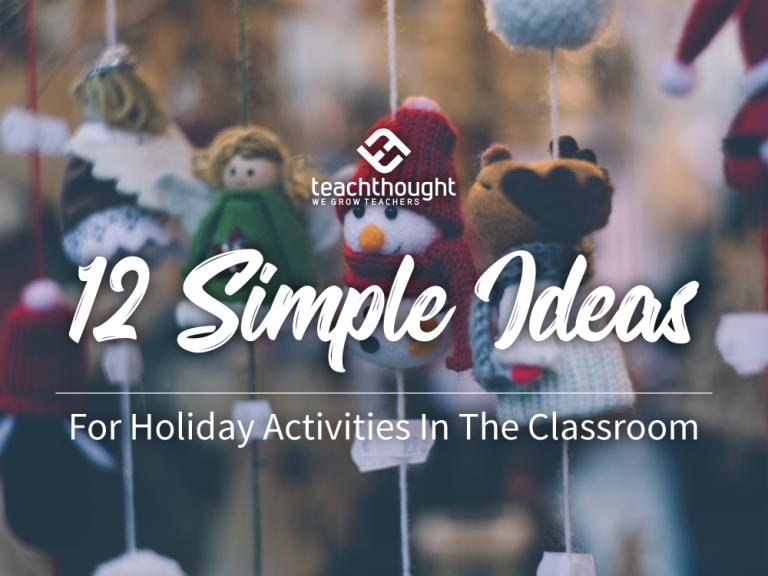
What is the relationship between The Grinch and his dog? Who’s more important to the story and why?
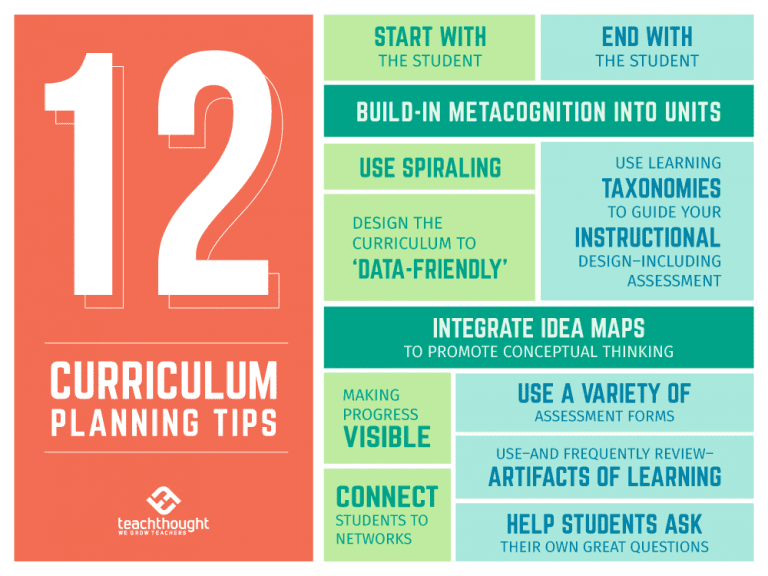
By exposing students to critical content over and over again in increasingly complex ways, spiraling is a flexible and potent curriculum mapping strategy.
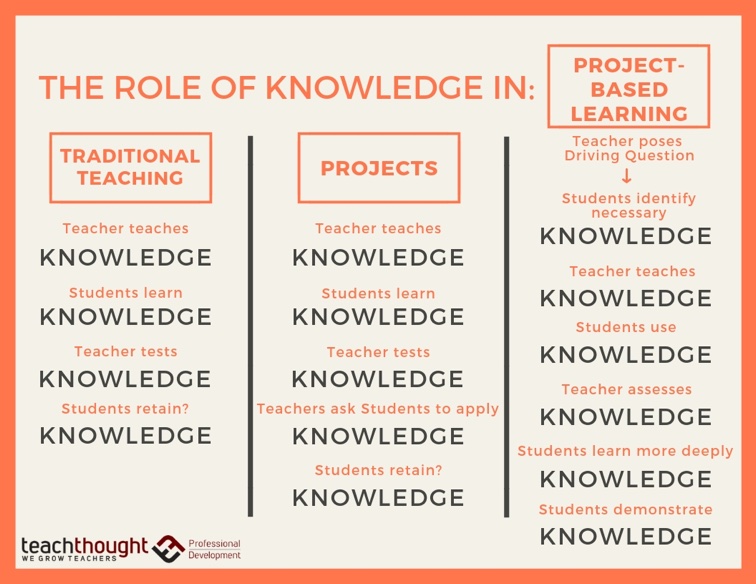
We believe there is real value & necessity for certain knowledge & want learners to learn & use it in multiple ways & for multiple reasons.
When one teacher meets another, they exchange ideas. Comparing and finding common ground and learning new things is nearly automatic.
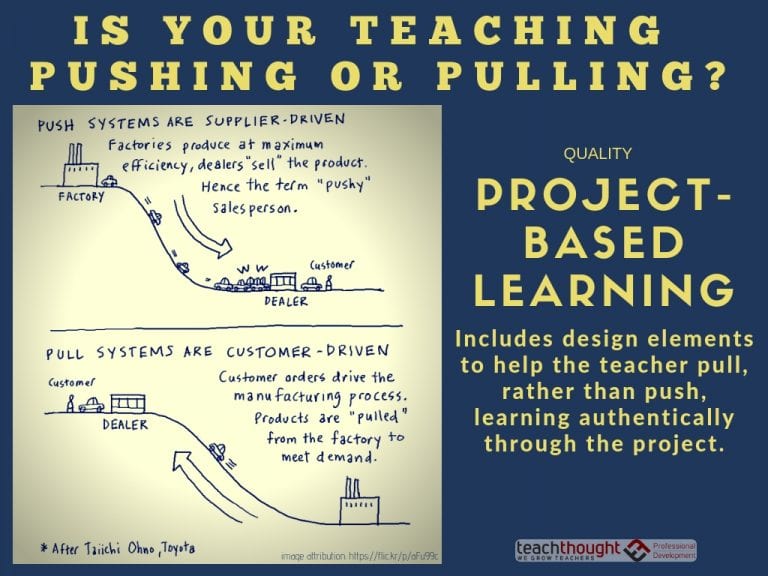
No longer does the teacher need to be only responsible for ‘covering’ content, a practice that often feels like climbing the down escalator.
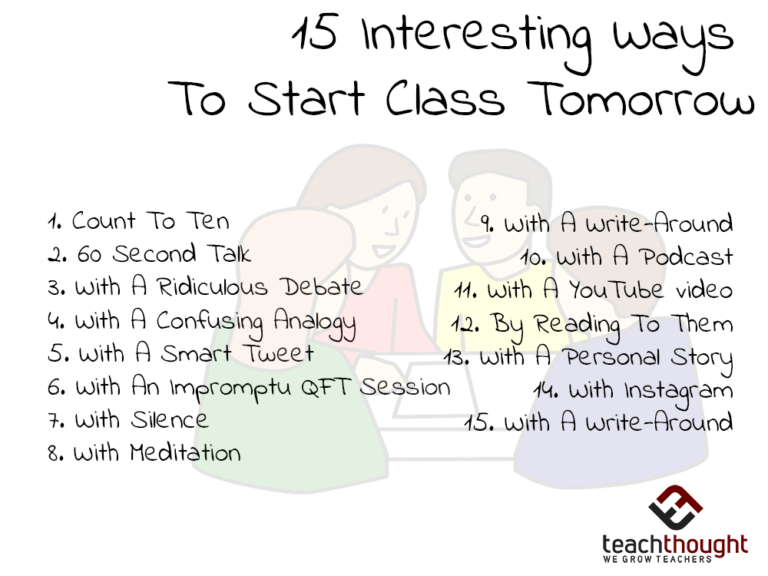
The best part of ‘Count to 10’ is that it gives students who may not be the ‘best’ at other things a chance to win. If less than 90% of your students are smiling the whole time, you’re doing it wrong.
Bloom’s Taxonomy is a powerful teaching and learning tool that can help you shape nearly everything that happens in your classroom.
TeachThought Style Guide: Suggestions And Rules For Creating And Submitting Content Contact [email protected] The best ‘Style Guide’ is likely existing TeachThought content. That said, not all of our content has been created with style guide best practices. Here are three can be used to guide you as you create content. Why You Should Be Asking…
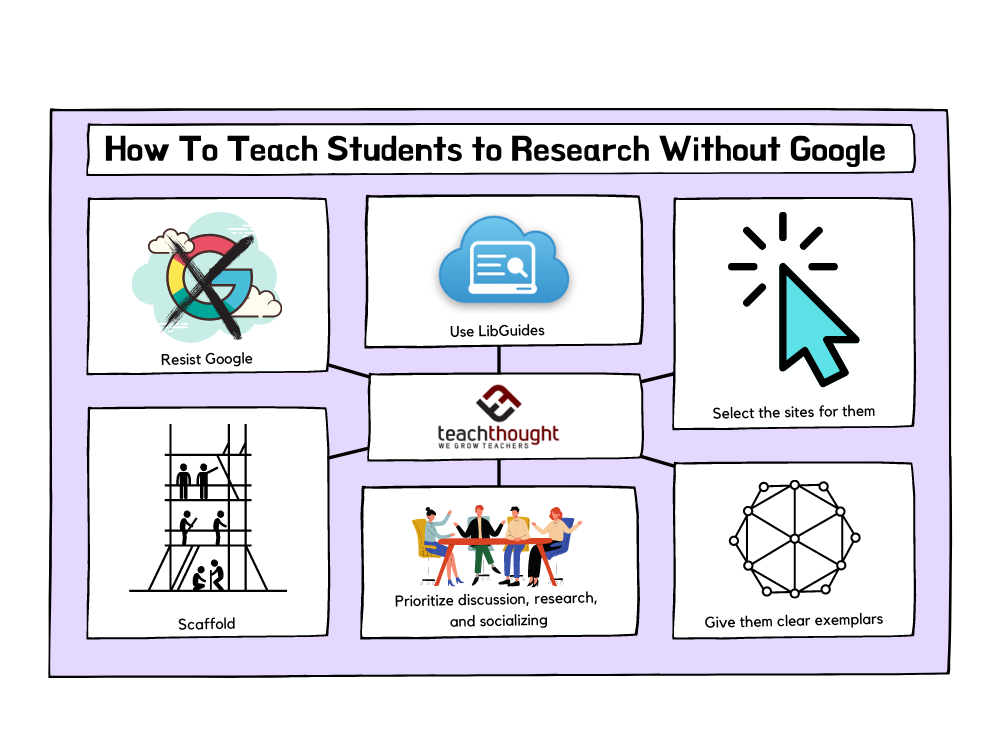
Scaffolding, encouraging discussion, modeling exemplars — here are a few ways to teach students how to research without Google.
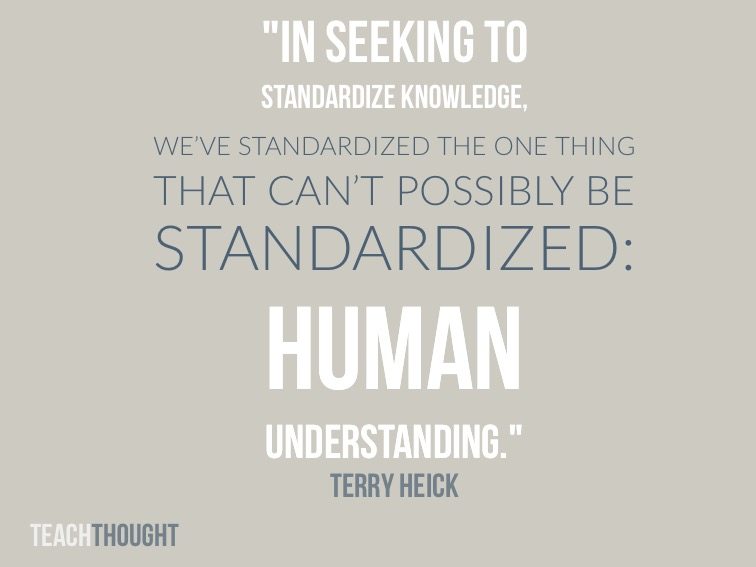
Predicting learning outcomes is big business in education, but what is the cost of insisting what a student will understand and when they will understand it?